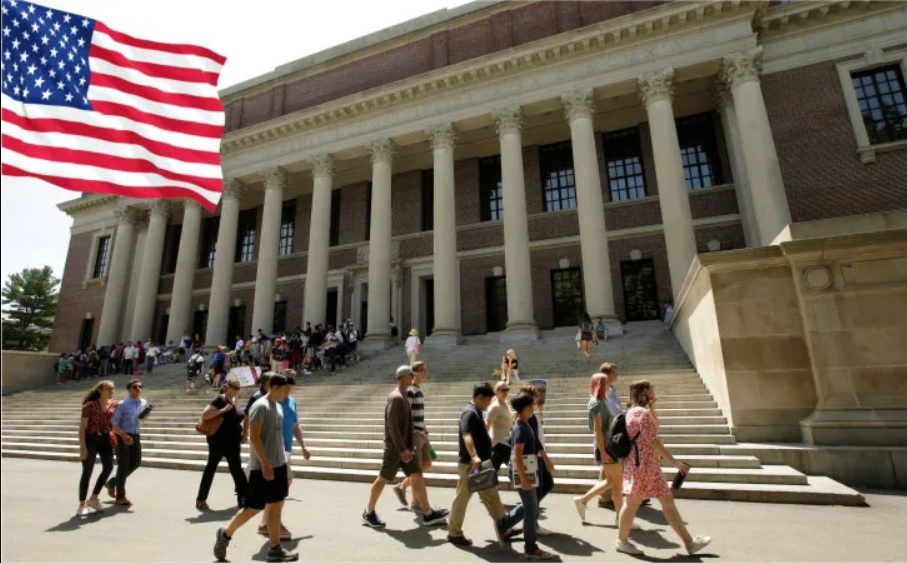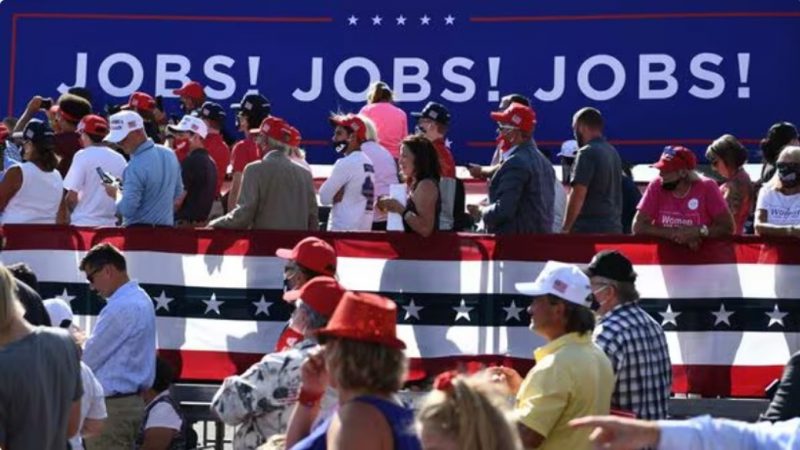The U.S. jobs market is showing concerning trends that could lead to inflation and a recession. The unemployment rate in the U.S. has jumped from 3.4% to 4.1% this year making the markets worrisome. The economic warning signs are only increasing lately showing implications of a possible downturn.
Also Read: 10 SCO Countries Ready To Ditch US Dollar For Trade
The Kobeissi Letter reported that signs of weakness in the U.S. jobs market are growing in 2024. The shift in employment patterns from full-time jobs to part-time jobs is increasing. Full-time employment fell by 28,000 jobs in June 2024 but part-time employment jumped by 50,000 jobs. “The reality is that a record number of people are working multiple jobs to fight inflation,” wrote the Kobeissi Letter.
Also Read: SCO Summit: India Doesn’t Want To Replace US Dollar With Chinese Yuan
Concerns and Worries Rise in the U.S. Jobs Market in 2024


This isn’t the first time this year that part-time jobs are outperforming full-time jobs in the U.S. labor market. In May 2024, a decline of 625,000 full-time jobs was reported while 286,000 part-time positions were available. Employers are now looking at part-time employees who finish a contract and move on to the next person. The consistent downturn is particularly troubling at a time when the economy is recovering from a recent slump.
Also Read: BRICS: Why Do Asian Countries Buy Oil With the U.S. Dollar?
Stability in the U.S. jobs market is declining leading to employees experiencing a hand-to-mouth financial situation. Full-time stable positions boost the economy leading to higher consumables and promising lifestyles. Part-time jobs lead employees to remain paycheck-to-paycheck with reduced consumables that could affect the economy.
The only ray of hope is that the latest data shows the government sector adding 70,000 jobs, significantly exceeding the expected 25,000. The Federal Reserve is closely monitoring the employment data to decide on interest rate cuts. A softening U.S. jobs market will force the Feds to initiate interest rate cuts sooner than expected.





